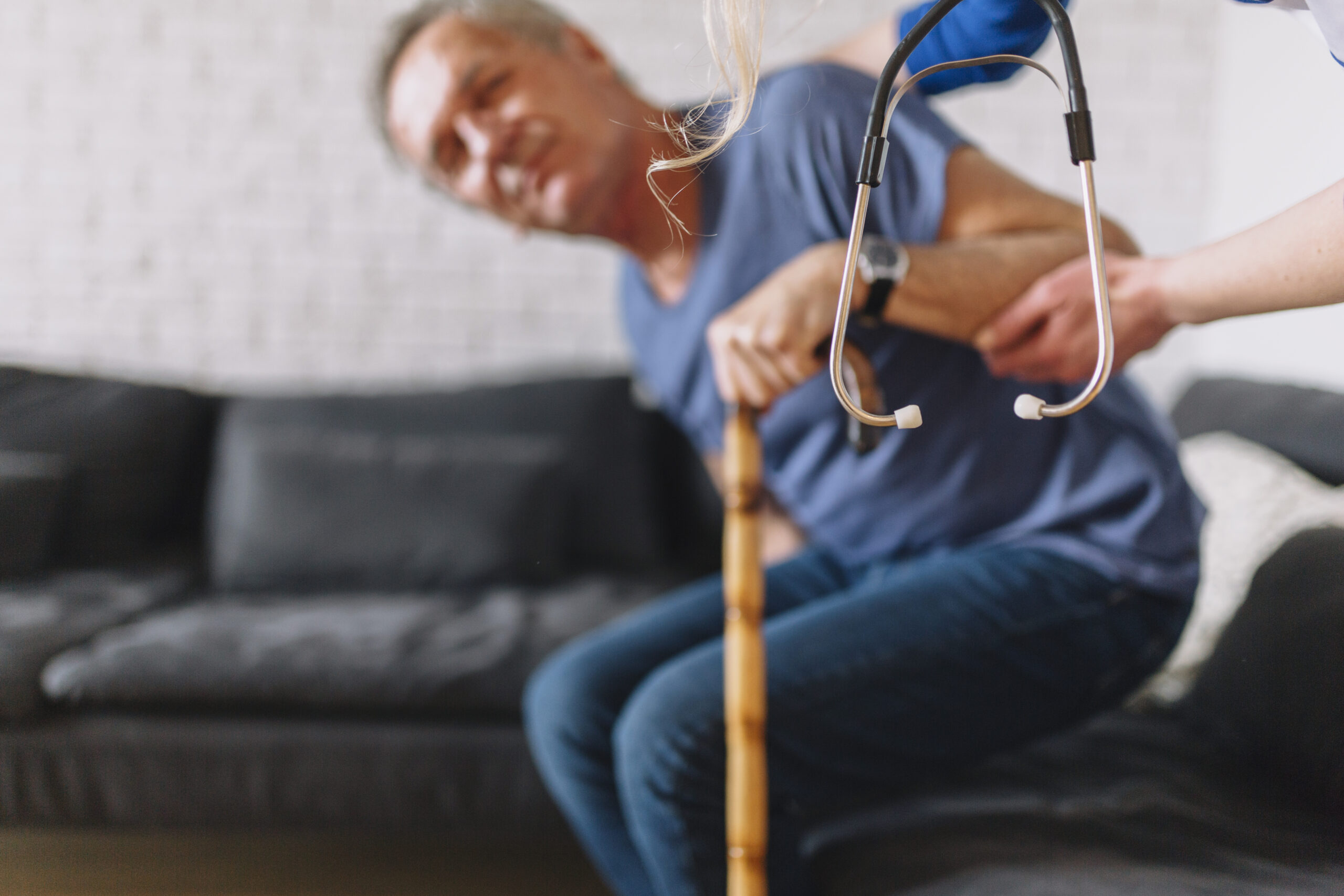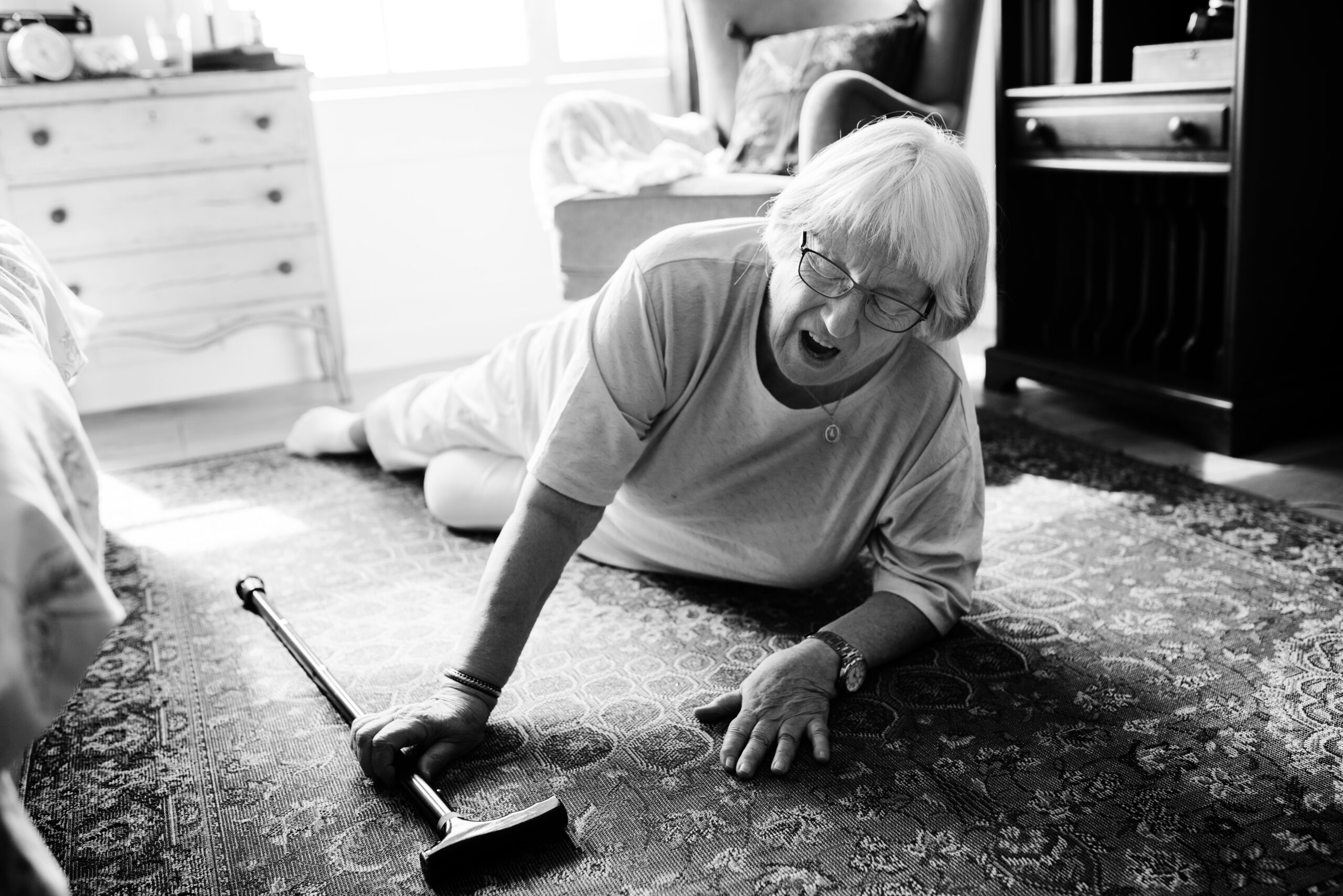Fall Precautions for the Elderly: Keeping Seniors Safe and Mobile
Category:

As we age, our bodies naturally experience changes that can affect our balance, strength, and coordination. For older adults, one of the most significant risks to health and independence is the increased likelihood of falling. According to the Centers for Disease Control and Prevention (CDC), falls are the leading cause of injury-related death among older adults, and they can lead to severe injuries such as hip fractures, head trauma, and loss of mobility. However, several strategies and precautions can help keep seniors safe, mobile, and living independently for as long as possible.
Make the Home Safe
The home is where seniors spend most of their time, so reducing fall hazards in this environment is essential. Some simple changes can make a big difference:
- Clear Pathways: Remove any clutter, such as loose rugs, electrical cords, or furniture that can obstruct walkways.
- Install Grab Bars: Grab bars installed in bathrooms and near stairs can provide seniors additional support and stability.
- Non-Slip Flooring: Ensure floors, especially in kitchens and bathrooms, are non-slip or covered with non-slip mats.
- Adequate Lighting: Ensure rooms and hallways are well-lit, and add nightlights in bathrooms and hallways to prevent tripping in the dark.
Encourage Regular Exercise
Physical activity is essential for maintaining muscle strength, balance, and flexibility. Regular exercise can help seniors stay mobile and reduce their risk of falling. Walking, stretching, and strength training improve posture, coordination, and physical health.
- Balance Exercises: Specific exercises like tai chi or yoga help improve balance and coordination, which are vital in preventing falls.
- Strength Training: Light weightlifting or resistance band exercises strengthen muscles, making it easier to maintain stability while moving.
Review Medications
Certain medications, such as those that affect the central nervous system, can lead to dizziness, weakness, or confusion, increasing the risk of falls. It’s essential to have a healthcare professional review medications to ensure there are no adverse interactions or side effects that could lead to balance issues.
- Polypharmacy: Seniors who take multiple medications should ask their doctor about any potential risks associated with combining them.
- Regular Check-ups: Seniors should have regular doctor visits to monitor their health and adjust medications as needed.
Use Technology to Monitor and Assist
Advancements in technology are now significantly enhancing fall prevention and safety for older adults. Wearable devices, fall detection systems, and artificial intelligence (AI) are helping seniors stay safe while maintaining their independence.
One notable example is Sensi AI, an innovative system that enhances senior care and prevents falls. Sensi AI is a virtual care tool that can improve our clients’ non-medical home care. It is state-of-the-art technology that provides insight and transparency into care-related occurrences in the home. It is an audio-based system that gathers only care-related data around the clock to detect care issues, predict patterns of activity that may impact care, and use early intervention to prevent or resolve care-related matters that may lead to more serious problems.
For example, Sensi AI can track a senior’s gait and posture, analyzing the data to spot trends indicating a heightened risk of falling. If it detects that a senior is at a higher risk, the system can send alerts to caregivers, allowing them to step in before a fall occurs. Using this technology, family members and caregivers can provide proactive care and ensure seniors receive the support they need before a fall occurs.
Promote Regular Vision and Hearing Check-ups
Our vision and hearing can deteriorate as we age, making detecting obstacles or hearing environmental warnings harder. Regular vision and hearing check-ups are essential for identifying and addressing potential issues before they contribute to falls.
- Eye Exams: Seniors should check their vision regularly to ensure they have the correct prescription and to monitor for conditions like glaucoma or cataracts.
- Hearing Tests: Hearing loss can make hearing alarms, conversations, or other vital sounds difficult. Hearing aids can help mitigate this problem.
Ensure Proper Footwear
Wearing proper footwear can help prevent falls. Shoes should be sturdy, slip-resistant, and fit properly to provide the necessary support. Avoid shoes with high heels or slippery soles.
- Foot Health: Pay attention to foot health by ensuring seniors’ feet are free of conditions such as bunions or corns, which can affect walking stability.
A Multi-Layered Approach to Fall Prevention
Keeping seniors safe and mobile requires a holistic approach, focusing on home safety, regular exercise, medication management, and technology. By making simple environmental changes, encouraging physical activity, using AI-powered monitoring systems like Sensi AI, and maintaining regular health check-ups, we can significantly reduce the risk of falls for older adults. This way, seniors can remain independent, confident, and active while enjoying a high quality of life.
By embracing these fall precautions, we can help ensure that seniors continue to thrive in their golden years, free from the fear and limitations that come with falling.
Subscribe
Date: December 12, 2024
Category:
